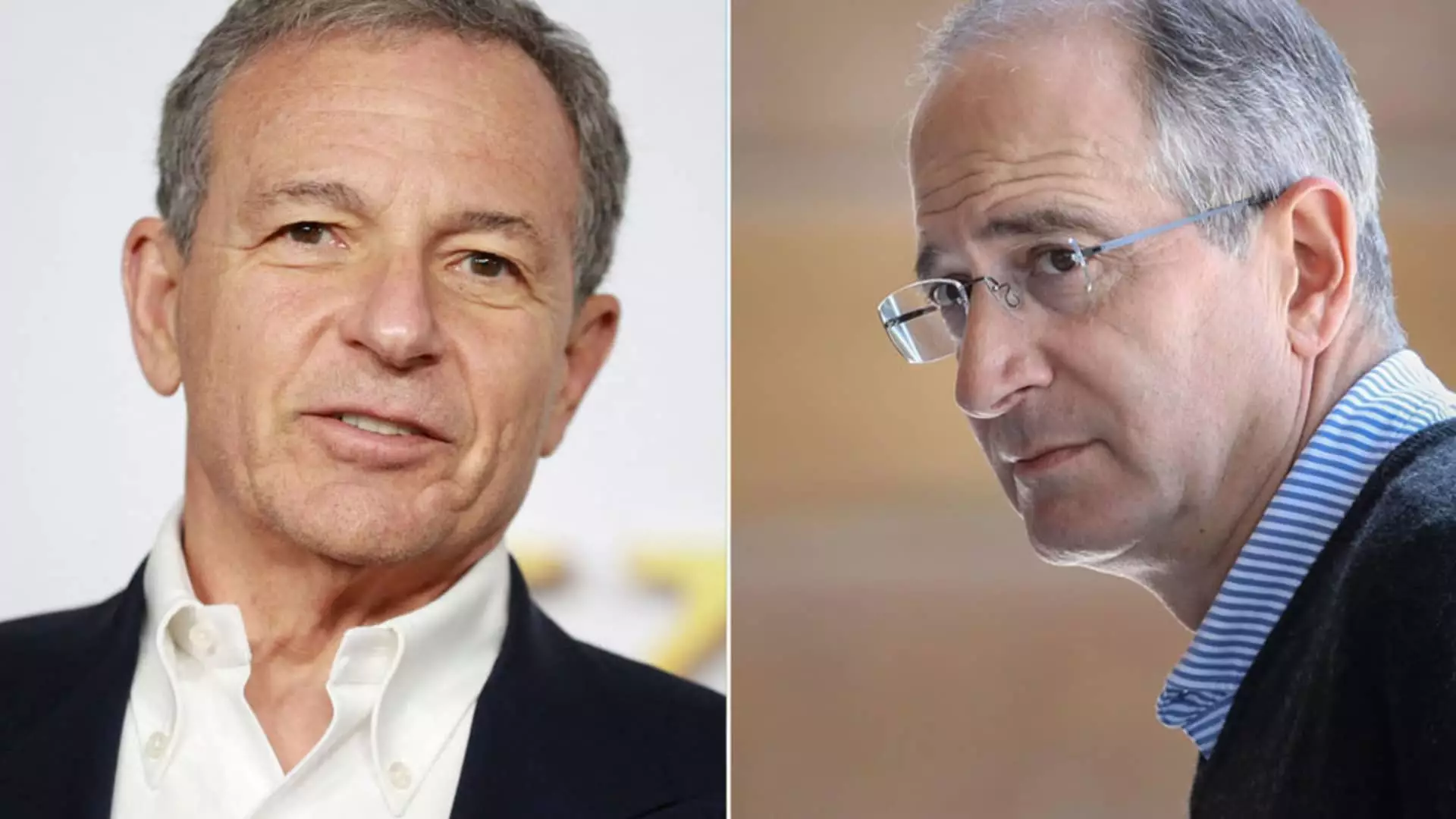The end of the year brings with it a festive spirit, but for the media and entertainment industry, it also heralds a critical time for reflection and foresight. Executives from major companies often look ahead to predict the landscape of media in coming years. Here, we present a unique analysis of predictions for 2025 offered by industry insiders who wish to remain anonymous, allowing them to communicate their visions with candor and insight. The knowledge gleaned from their forecasts not only provides a glimpse into future trends but also serves as a critique of the industry’s evolving nature.
As we look back at the predictions made for 2024, it becomes evident that the accuracy of forecasts has waned. Although there were a few notable successes—such as the partnerships formed between Max (formerly HBO Max) and Disney—many of the forecasts fell short of expectations. The anticipated collaboration among major streaming giants failed to materialize, showcasing the unpredictability that currently plagues the industry. Furthermore, while there was excitement surrounding potential mergers and acquisitions, much of that speculation resulted in understated activity, leaving stakeholders and analysts questioning the reliability of future predictions.
The comparison of last year’s predictions to this year’s highlights a persistent trend of uncertainty. For instance, while some executives anticipated significant changes within Disney’s leadership, including potential expansions or shifts in their business strategy, these changes have mostly stagnated, revealing the complexities behind corporate decisions. In light of these observations, one can only hope that the predictions for 2025 will yield more fruitful outcomes.
Turning our focus to 2025, predictions suggest that major players like Warner Bros. Discovery and Comcast will engage in substantial restructuring. An insider suggests that Warner Bros. Discovery may finally opt to separate its linear broadcast assets from its digital offerings, a necessary evolution in the ever-crowded media marketplace. By redefining itself, the company aims to streamline operations and refocus its efforts in a way that better serves contemporary audiences.
For Comcast, the executives speculate a bold move towards consolidation, potentially reinvigorating itself by pursuing a merger with another top-tier cable provider. Such a move would echo past strategies but could also face significant regulatory hurdles—complications that have previously hindered similar ambitions. The executives’ insights underscore a collective sense of urgency within the industry; companies must adapt quickly or risk falling behind.
Disney’s position as a central figure in the media landscape continues to spark predictions about acquisitions and consolidation. One forecast anticipates that Fox, which has thus far navigated a turbulent pathway since spinning off assets to Disney, may pursue significant growth again by acquiring major brands like HBO and the Turner networks. This speculation generates intrigue, as the Murdoch family’s future strategy remains enigmatic.
Disney, on the other hand, may delay naming its new CEO until early 2026, suggesting an ongoing period of reflection and transition following the tumultuous leadership switches from Iger to Chapek. The search for a leader who can restore the company’s former prowess while adapting to new realities is paramount. Many see Dana Walden, a veteran insider, as the most likely candidate to take the helm.
The ongoing digitization within the industry has compelled executives to address the potential for mergers and acquisitions as a means of survival. An insider remarked that Electronic Arts may become a prime target for big tech firms such as Netflix or Amazon, mirroring Microsoft’s recent acquisition of Activision. As technology firms continue to diversify their portfolios, the blending of gaming and media could present new opportunities for innovative content delivery.
Conversely, skepticism surrounds the efficacy of further consolidation in remedying the challenges facing the sector. Many argue that mere M&A activity will not provide sustainable solutions for industry adaptation. Executives are increasingly aware that to thrive, long-term strategic planning is essential, rather than relying solely on immediate mergers.
As we look forward to 2025, the interplay of technology, leadership changes, and corporate restructuring suggests a transformative year for the media and entertainment industry. Executives must be willing to embrace innovation and adapt to the rapidly changing landscape that challenges old paradigms. While the holiday predictions offer a glimpse into what might come to fruition, the underlying theme remains clear: ongoing evolution will be central to the industry’s future. Only time will reveal whether these predictions materialize or simply fade into the background, much like previous years of missed expectations. As 2025 approaches, one thing is certain—the industry’s ability to pivot and adapt will shape the way audiences engage with media in the years to come.

